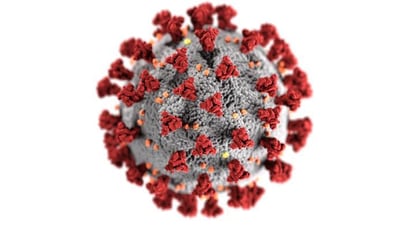Inclusion and Disabilities: Lessons Learned From COVID-19
Join Our Movement
What started as an idea has become a national movement. With your support, we can influence policy and inspire lasting change.
Become an Advocate
The Lack of Support Systems
The United States wasn’t prepared for a pandemic. Its medical and public health infrastructure and organizational response could not meet the population's needs. Adding to the strain felt by many was the reality that people with disabilities are at an increased risk of poverty and exclusion from services such as education and health.
People with SCI are aware that there are services available. However, several of these services are unavailable to them due to inaccessibility, or many of the programs don’t target the SCI community's needs.
Several of the health and social services (rehabilitation, care for chronic conditions, assistive devices, mental health, care assistance, and medication) required by people with an SCI were disrupted by COVID-19. These disruptions increase the risk of health issues and mental health conditions.
Responses to Inequality
Broad Initiatives
The Inter-Agency Standing Committee (IASC) issued guidance for humanitarians. In its report, the IASC explained that COVID-19, its prevention, and control measures will affect people in various ways.
The agency has suggested that organizations and the government commence research into the inequities in social, medical, and financial systems for those with disabilities. The research should include barriers to access and the inclusion rate in accessibility to essential services.
Mental Health Services
When COVID-19 shut down the world, it highlighted the need for accessible mental health services. The mental health community responded to the need by moving their services to telehealth systems. People were able to access the support they needed without leaving their homes. As the United States and individual states rolled back social isolation regulations, the demand for telehealth mental health services remained. As a result, many providers continue to offer telehealth sessions.
Access to Social Support
Organizations such as the Christopher & Dana Reeve Foundation expanded access to social programs. Their virtual support groups allowed people to interact with others in similar situations. Furthermore, the Foundation provided grants to programs nationwide to build or enhance their virtual services. Many of these programs have continued virtually and offer an on-site option to their participants.
Conclusion
COVID-19 reshaped how many think about access to care. The pandemic highlighted the inequities and weaknesses in medical, social, and financial systems felt by those with disabilities. Programs that were created or enhanced to answer these inequities still exist.
Christina Sisti, DPS, MPH, MS, is a bioethicist and health care policy advocate. She works to create awareness and improve healthcare policy for those with long-term health issues.
